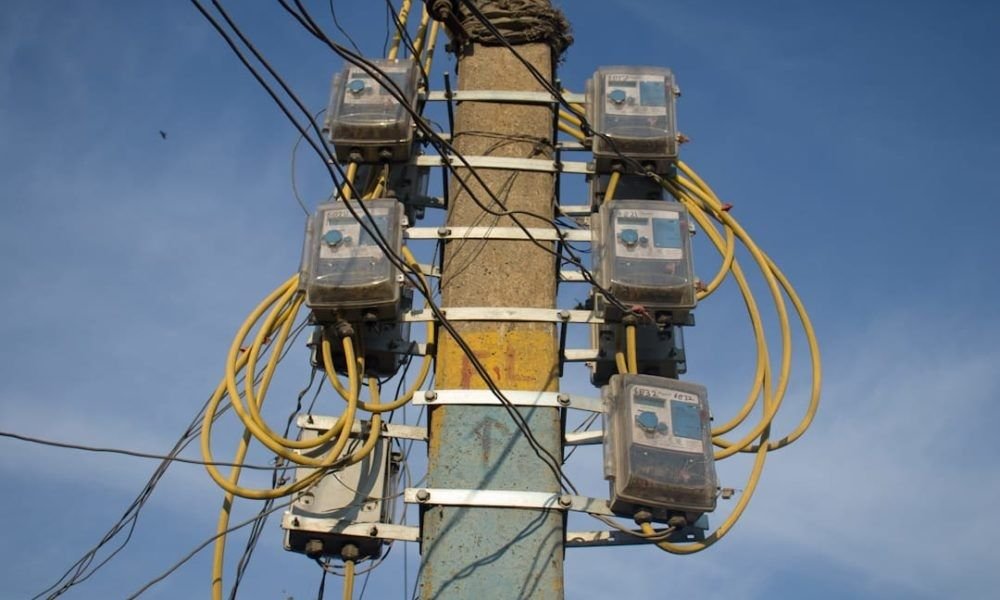Jammu and Kashmir has recorded a remarkable ten-fold rise in its investor base on the National Stock Exchange (NSE) over the past decade, showcasing growing financial literacy, improved connectivity, and increasing confidence in formal investment systems.
According to official data from the NSE, the number of investors in Jammu and Kashmir jumped from just 65,000 in 2015 to 6.51 lakh in 2025, marking a staggering ten-fold increase. In comparison, the overall national investor base expanded from 1.79 crore in 2015 to 11.28 crore in 2025, reflecting a 6.2-fold rise.
This surge places Jammu and Kashmir among the fastest-growing regions in India’s financial inclusion journey. The growth trajectory also highlights the region’s improving digital infrastructure and youth-driven enthusiasm toward wealth creation through the stock market.
NSE Managing Director and CEO Ashish Kumar Chauhan emphasized that the increasing participation from Jammu and Kashmir represents India’s deepening financial inclusion and growing trust in the capital markets.
He encouraged investors to focus on long-term, knowledge-based investing instead of short-term speculation.
“When you invest in the stock market, you are essentially becoming an entrepreneur and contributing to the growth of businesses,” Chauhan said.
Cautioning against speculative assets, he advised investors to avoid cryptocurrencies, stressing that they lack intrinsic value.
“Never invest in something you don’t fully understand. Learn, analyze, and invest wisely,” he added.
Youth and Digital Access Driving Growth
An NSE official highlighted that Jammu and Kashmir’s investor base has seen consistent growth over the years—from 40,000 in 2010, to 60,000 in 2014, and 70,000 by 2016. The investor count crossed one lakh in 2019, right before the COVID-19 pandemic, and has since skyrocketed to 6.5 lakh in 2025, with projections suggesting it could reach 7.1 lakh by FY 2026.
According to Tirthankar Patnaik, Chief Economist at NSE, the surge is largely youth-driven and supported by better internet penetration and financial education initiatives.
“This growth in Jammu and Kashmir’s investor base is powered by young investors who are more digitally connected and financially aware than ever before,” Patnaik noted.
Read also: Top 10 Business Ideas In Jammu & Kashmir
Record Growth Rate and Monthly Additions
With a Compound Annual Growth Rate (CAGR) of 25.5%, Jammu and Kashmir outperforms the national average of 19.8% in investor base expansion. The region now contributes around 10,000 new investors every month to India’s growing capital market ecosystem.
In recent months alone, the number of new investors rose from 7,500 in May 2025, to 8,400 in June, and 10,010 in July, reflecting consistent momentum and investor confidence.
Women Investors Leading the Change
Another encouraging sign of progress is the rise of women investors. NSE data reveals that female participation in Jammu and Kashmir’s investor base stands at 25%, notably higher than the national average of 16.3%. This shift signals growing financial independence among women and their active involvement in wealth management.
National Overview and Market Leadership
Across India, Maharashtra remains the top state with 1.9 crore registered investors, accounting for a 12.3% increase. It is followed by Uttar Pradesh (1.4 crore), Gujarat (1 crore), West Bengal (70 lakh), and Rajasthan (68 lakh). Collectively, these five states make up 48% of India’s total investor base as of August 2025.
NSE officials also noted that investor penetration has now reached nearly every corner of the country, with only 28 PIN codes remaining without any registered investors.
Founded in 1994, the National Stock Exchange of India ranks among the top four stock exchanges globally. Since 2019, it has consistently held the title of the world’s largest derivatives exchange and, in 2024, handled over 82% of all global exchange trades, underscoring its dominance and operational efficiency.
The ten-fold growth in Jammu and Kashmir’s investor base reflects a transformative financial shift. It showcases the region’s increasing economic participation, digital empowerment, and trust in regulated financial systems. As more youth and women step into the investment landscape, Jammu and Kashmir is emerging as a symbol of India’s inclusive financial future — one where knowledge, awareness, and digital access drive prosperity.
















